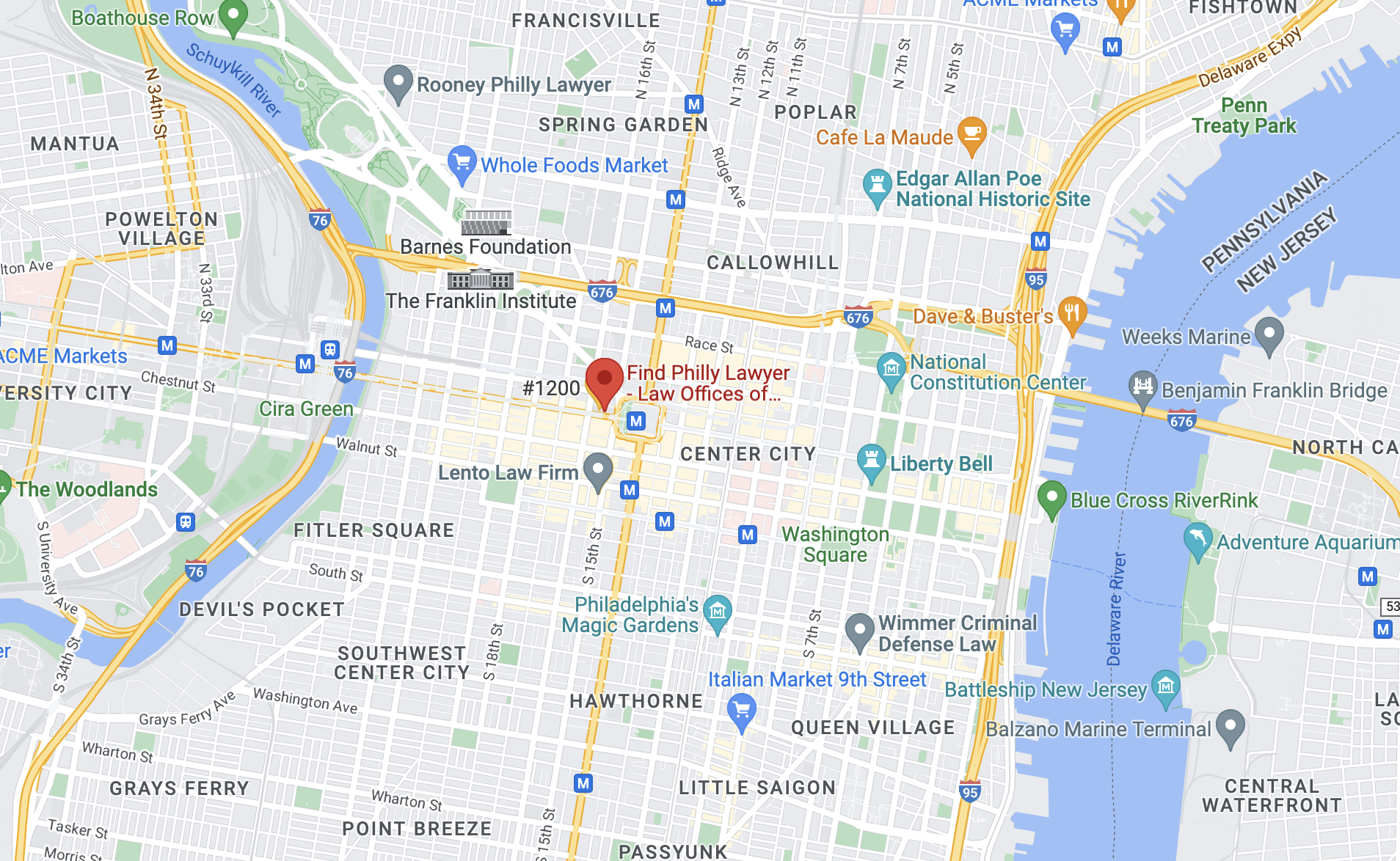Depending on a factors like jurisdiction and the type of crime committed, criminal proceedings may be handled in either a state court, or a federal court. But what are the differences between these two judicial systems? How do you know whether the state or the federal government has jurisdiction to prosecute? Which offenses are considered federal crimes? And what happens if a crime violates both state and federal laws? Our Philadelphia white collar crimes lawyer explains some of the basic differences between federal and state crimes.
In addition to the federal laws which are applicable throughout the nation, each state has its own unique legislature with its own set of criminal statutes. State courts handle criminal matters which violate state laws within state boundaries, and the prosecutors and judges are considered to be employees of the state. The District Attorney’s Office (DAO) prosecutes violations of state laws occurring in the District Attorney’s county. For example, R. Seth Williams is the current Philadelphia County D.A.
By comparison, federal courts handle criminal proceedings arising from alleged violations of federal law, as well as various civil matters. This can include matters which:
The following offenses are considered to be federal crimes:
Certain tax crimes and white collar crimes, potentially including but not limited to:
Generally speaking, federal courts often hear extremely serious felonies. Furthermore, the penalties imposed for federal criminal convictions also tend to be more severe than state-level criminal penalties, and as a result, many (but not all) federal cases are resolved through plea bargaining. Additionally, federal courts can handle federal misdemeanors, such as tax misdemeanors or speeding on highways.
Federal crimes are prosecuted by the U.S. Attorney’s Office (USAO) as opposed to the District Attorney’s Office, although both state and federal prosecutors may work on a case where federal and state laws overlap (as exemplified by the recent case of NFL player Michael Vick, who was prosecuted by the federal government and the state of Virginia). The current U.S. Attorney for the Eastern District of Pennsylvania is Zane David Memeger, who was appointed by President Barack Obama on on May 6, 2010. The Eastern District of Pennsylvania is one of the largest in the nation, encompassing the following counties:
Needless to say, there are many criminal charges which represent clear violations of both state and federal law. For example, while each state has its own statutes addressing rape and murder – in Pennsylvania, 18 Pa. Cons. Stat. § 3121 and 18 Pa. Cons. Stat § 2502 – these offenses are also illegal throughout the entirety of the United States under 10 U.S. Code § 920 and 18 U.S. Code § 1111, respectively. So if a crime breaks both state laws and federal laws, then what happens? How is it decided whether the matter will be heard in state or federal court?
As noted above, the majority of criminal matters are prosecuted in state court. Depending on the nature and location of a crime which violates both state and federal law, whether the case is to be handled on a state or federal basis is generally determined by prosecuting attorneys working in conjunction with investigators and law enforcement officials. Depending on the type of offense the charges involve, the prosecutor may work with federal agencies like the Internal Revenue Service (IRS), the Drug Enforcement Administration (DEA), or the Federal Bureau of Investigation (FBI). Contrary to popular belief, the FBI is, in its own words, a “national security organization” – not a police force.
While defense attorneys and judges do not make the determination regarding whether a criminal matter will commence in state or federal court, prosecutors and defense attorneys can file motions to remove state matters to federal courts for the reasons we discussed earlier. Judges ultimately decide on these motions.
As noted in a Summer 2006 ABA publication titled “Federal or State? Sorting as a Sentencing Choice,” written by former federal prosecutor Ronald F.Wright, “A defense lawyer who knows something about the federal-state sorting process in the district can help clients predict their futures and occasionally influence this crucial sentencing factor.” Wright also notes, “Especially for narcotics and firearms crimes, precisely the same conduct could lead to criminal charges in federal court, in state court, or both.”
If an act is legal or decriminalized on a state or municipal level, but is still illegal on the federal level – such as simple possession of small amounts of marijuana in states like Colorado – the offender could potentially be prosecuted in federal court for violating federal law. Your Philadelphia lawyer for issuing a bad check can further explain how state and federal laws apply to your case.
If you’ve been charged with a misdemeanor or felony in Philadelphia or elsewhere in Pennsylvania, it’s extremely important to have an experienced criminal defense lawyer to protect your legal rights and fight the charges against you. To set up a free and completely confidential case evaluation, call the law offices of Lonny Fish right away at (215) 826-3314.





 Liberty Law Team
Liberty Law Team  (215) 826-3314
(215) 826-3314 lonny@libertylawteam.com
lonny@libertylawteam.com





